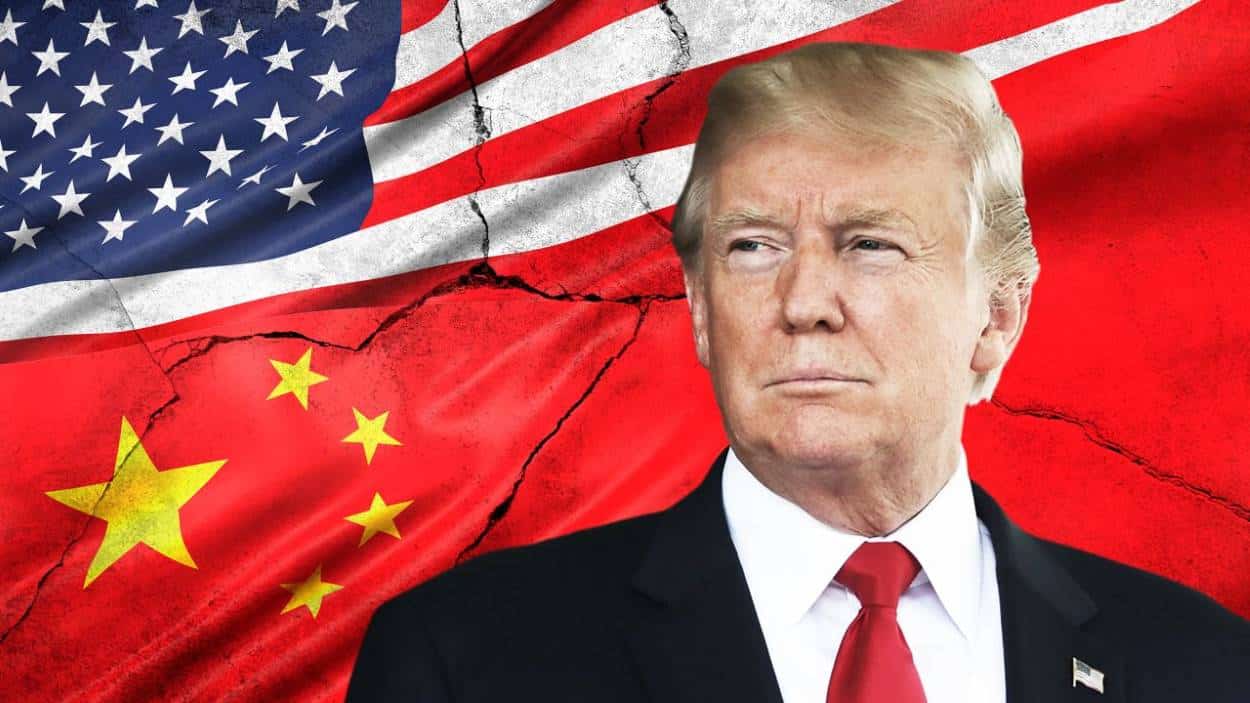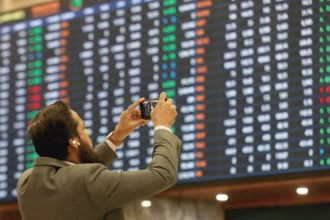As the trade war between the United States and China intensifies, Beijing has suspended exports of critical rare earth elements, metals, and magnets.
This decision threatens to disrupt supply chains in the West, impacting industries such as defence, electronics, automotive, aerospace, and consumer goods. With China producing roughly 90% of the world’s rare earths, this export ban could have far-reaching consequences for the US and its allies.
How the Export Ban Affects US Industries
China’s restrictions target seven medium and heavy rare earth categories: samarium, gadolinium, terbium, dysprosium, lutetium, scandium, and yttrium, and finished products like permanent magnets. These materials are vital for:
- Defense: Lockheed Martin relies on rare earth magnets for missiles and military hardware.
- Electronics: Apple uses them in smartphones and semiconductors.
- Automotive: Tesla depends on rare earths for electric vehicle motors.
- Aerospace: Spacecraft and drones require these elements.
The US operates just one rare earth mine, relying heavily on Chinese imports. The New York Times reported that shipments are halted at Chinese ports, and American manufacturers face potential shortages.
Read: New U.S. Tariffs on Chinese Electronics, Semiconductors Announced for 2025
Implemented on April 2, this export ban directly responds to US President Trump’s decision to raise tariffs on Chinese goods to 54%. China’s dominance in rare earth production and its control over supply chains in Myanmar and Laos gives it significant leverage. Beijing’s new export license system, still under development, could further delay shipments, leaving global stockpiles at risk of depletion.
Why Rare Earths Are Critical
Rare earth elements power modern technology:
- Magnets: Used in electric motors for EVs, drones, and missiles.
- Electronics: Essential for semiconductors and consumer devices.
- Energy: Key to wind turbines and solar panels.
Heavy rare earths, which China tightly controls, are especially hard to source elsewhere. Analyst David Merriman from Project Blue told Reuters that alternative supplies are limited to Myanmar and Laos, where China retains influence.
Beijing’s move signals its readiness to weaponize its resource dominance, escalating tensions in the US-China trade war. While the US maintains some rare earth stockpiles, they’re insufficient for long-term needs, especially for defence contractors. As American companies like Tesla and Apple scramble for alternatives, the global trade landscape faces a pivotal shift.






